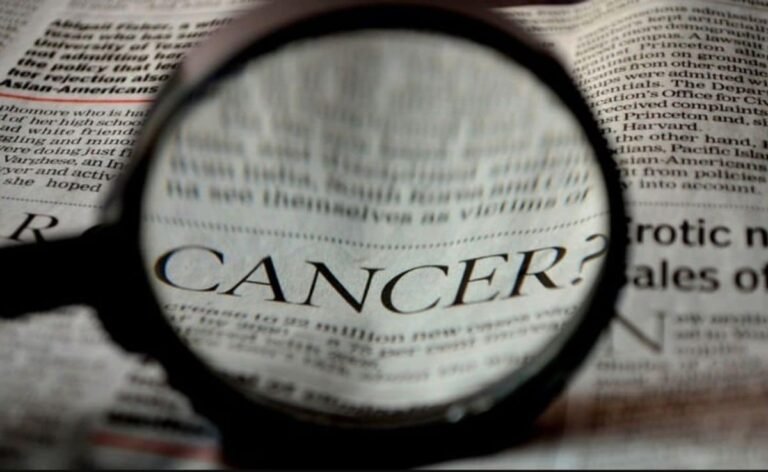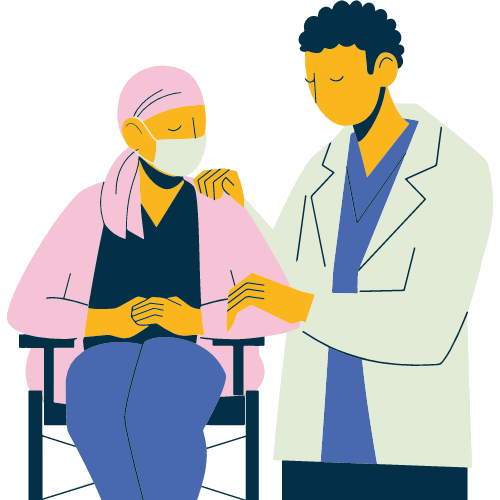Overview
In recent years, cancer diagnoses among younger individuals, particularly those under the age of 50, have become a growing concern. While cancer has traditionally been associated with older populations, research now indicates that early-onset cancers are increasing globally. A comprehensive analysis of health data spanning the past three decades reveals some troubling trends and calls for action.

Key Findings
According to the peer-reviewed study, there were 1.82 million new cancer cases and 1.06 million deaths among people under 50 in 2019—a significant 79% and 28% increase, respectively, compared to 1990. Specific cancers have seen sharper rises, notably:
- Windpipe cancer: increasing by 2.28% annually.
- Prostate cancer: climbing by 2.23% annually.
- Breast cancer continues to lead as the most common cancer among younger individuals, with rates of 13.7 cases and 3.5 deaths per 100,000 people.
While wealthier countries in regions like North America and Western Europe saw the highest rates of new cases, death rates disproportionately impacted lower-income countries in Central Asia and Oceania.
What Lies Ahead?
Projections based on historical data indicate that early-onset cancer cases could rise by an additional 31% by 2030, while associated deaths may increase by 21%. These figures pose a significant challenge to healthcare systems worldwide, especially those already strained by the pandemic’s aftermath.

The Unknowns
One of the more perplexing aspects of this trend is understanding why cancer is increasingly affecting younger populations. While several factors—such as genetic predispositions, lifestyle changes, and environmental pollutants—may contribute, there is no definitive explanation for this rise. Improved screening techniques and increased awareness may play a role, but other factors like rising obesity rates and reduced physical activity are likely influencing this surge.

A Glimmer of Hope
It’s not all bad news. The study did find that certain cancers have declined, such as early-onset liver cancer, which has decreased by 2.88% annually. This demonstrates that preventive measures can make a difference.
Final Thoughts
As business leaders and decision-makers, it’s crucial to stay informed about these emerging health challenges. The increase in early-onset cancer is not only a healthcare concern but a societal one that could have broader implications on workforce productivity, healthcare costs, and insurance systems.




